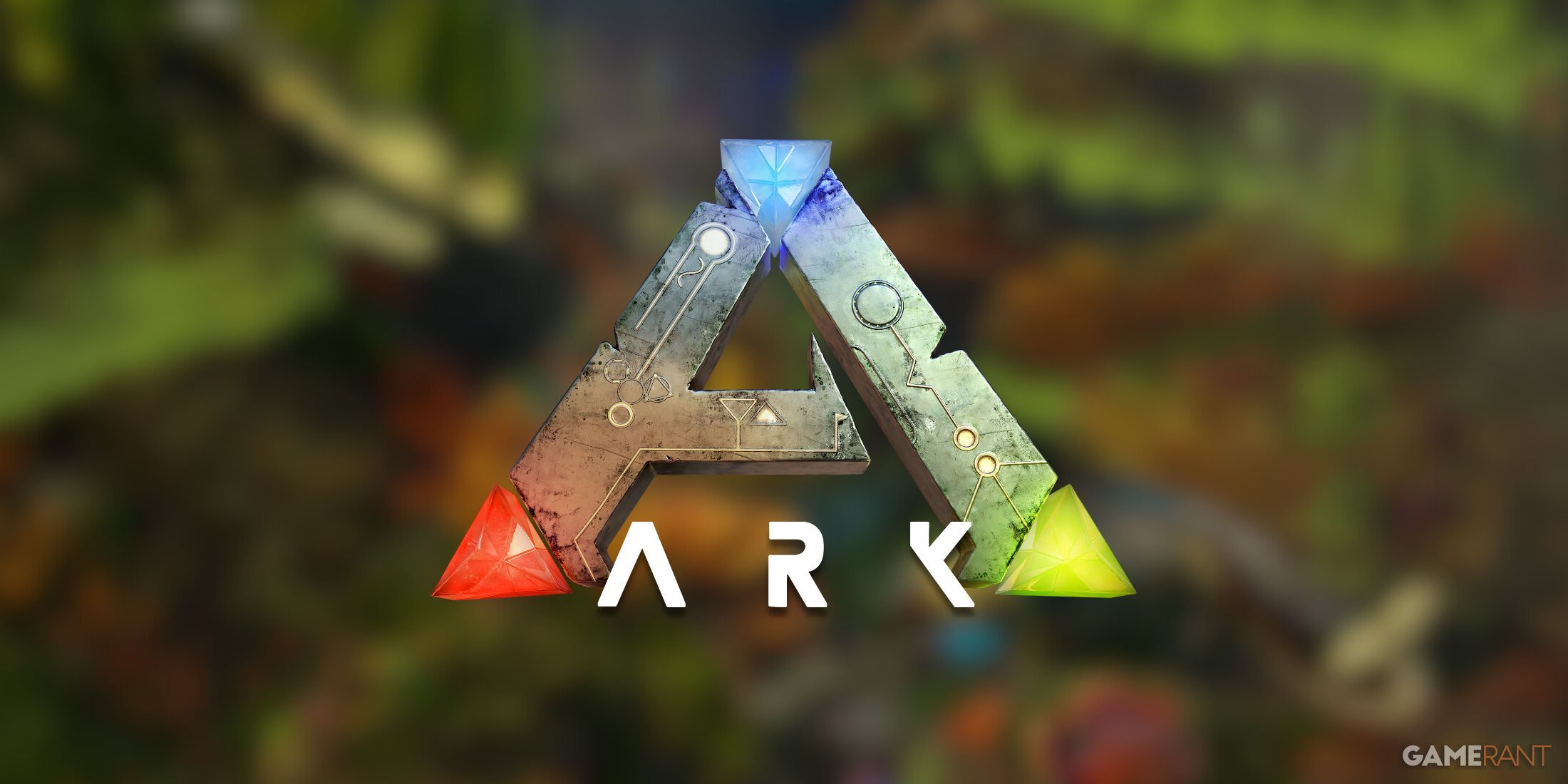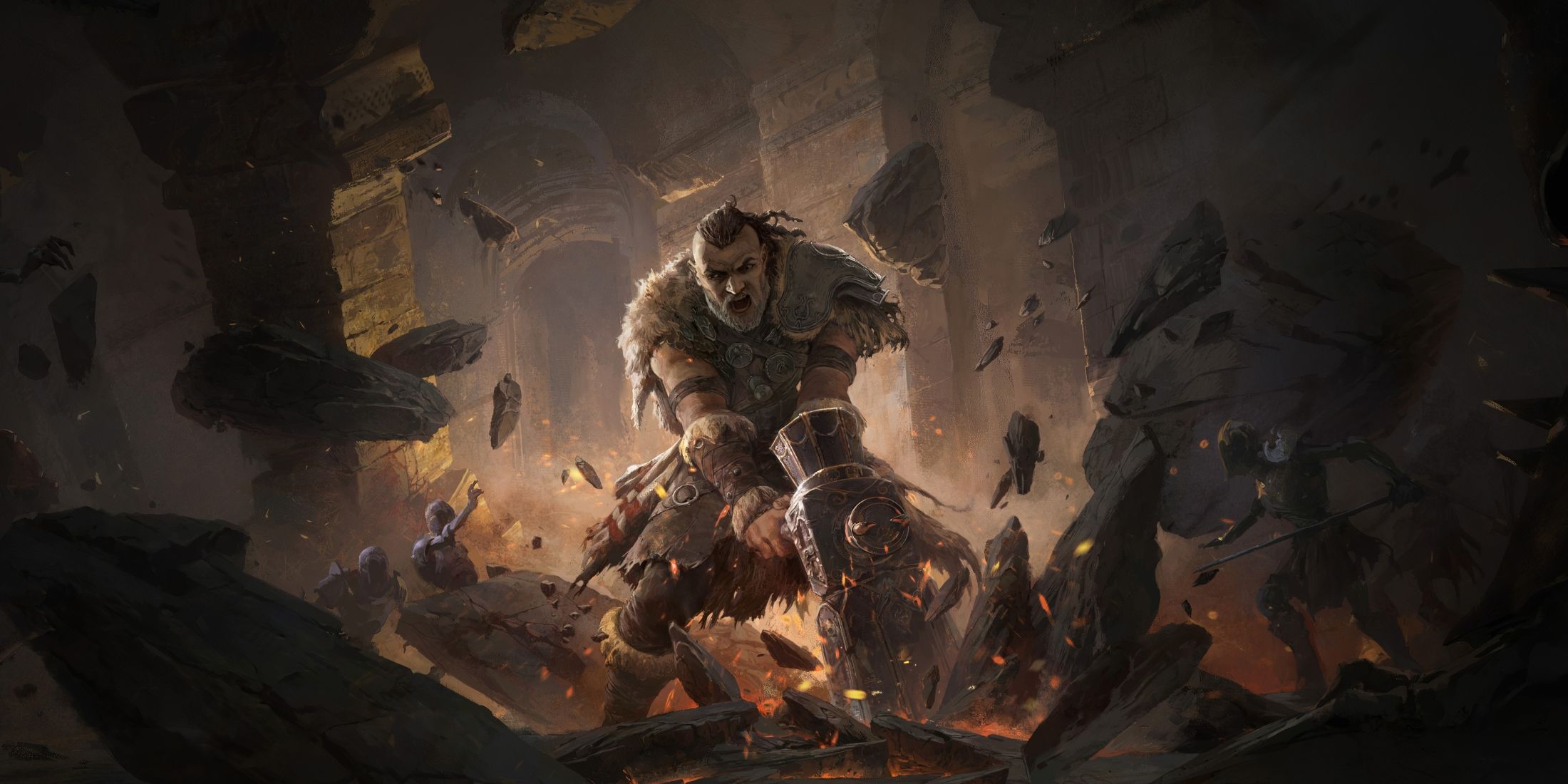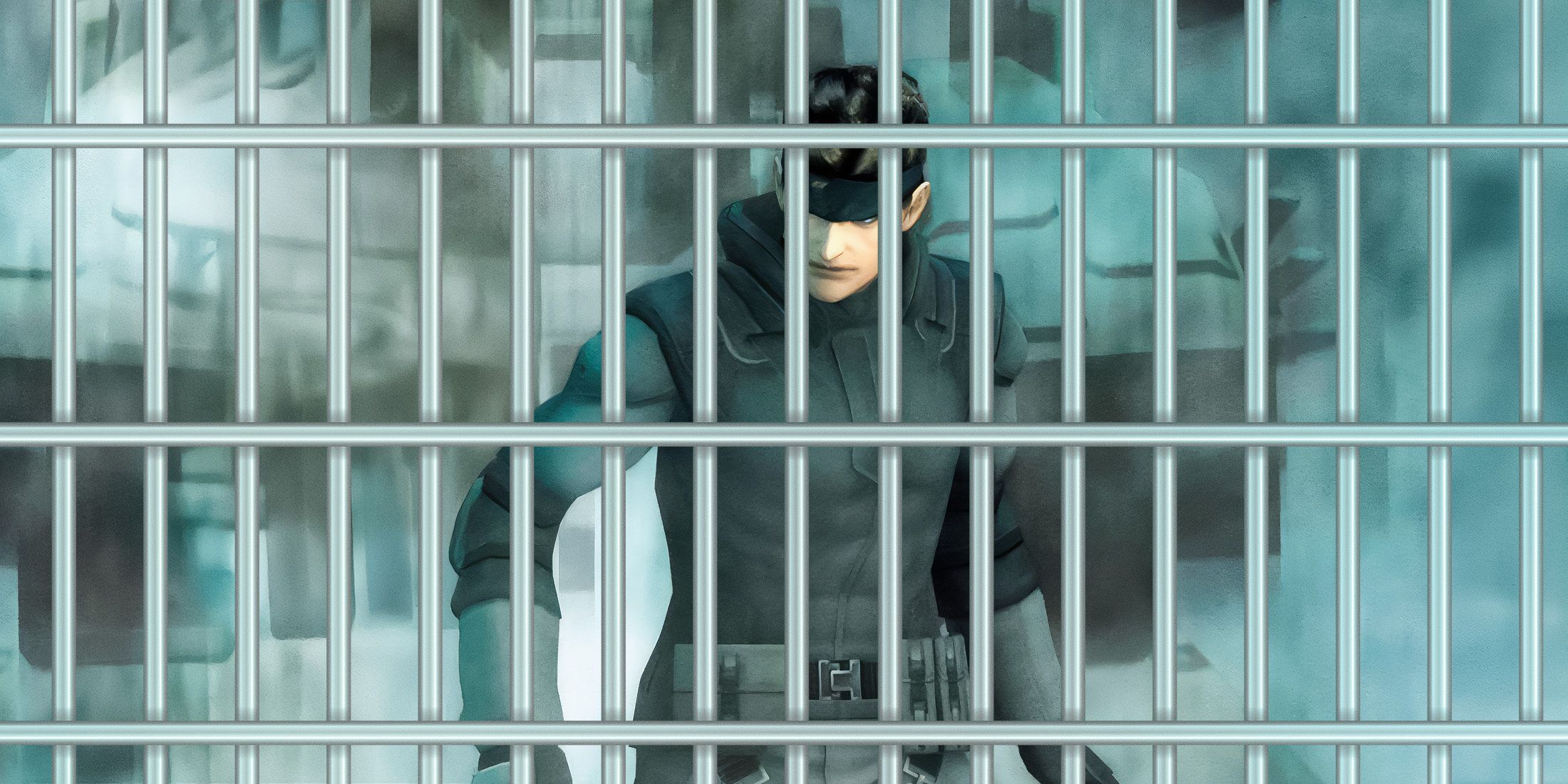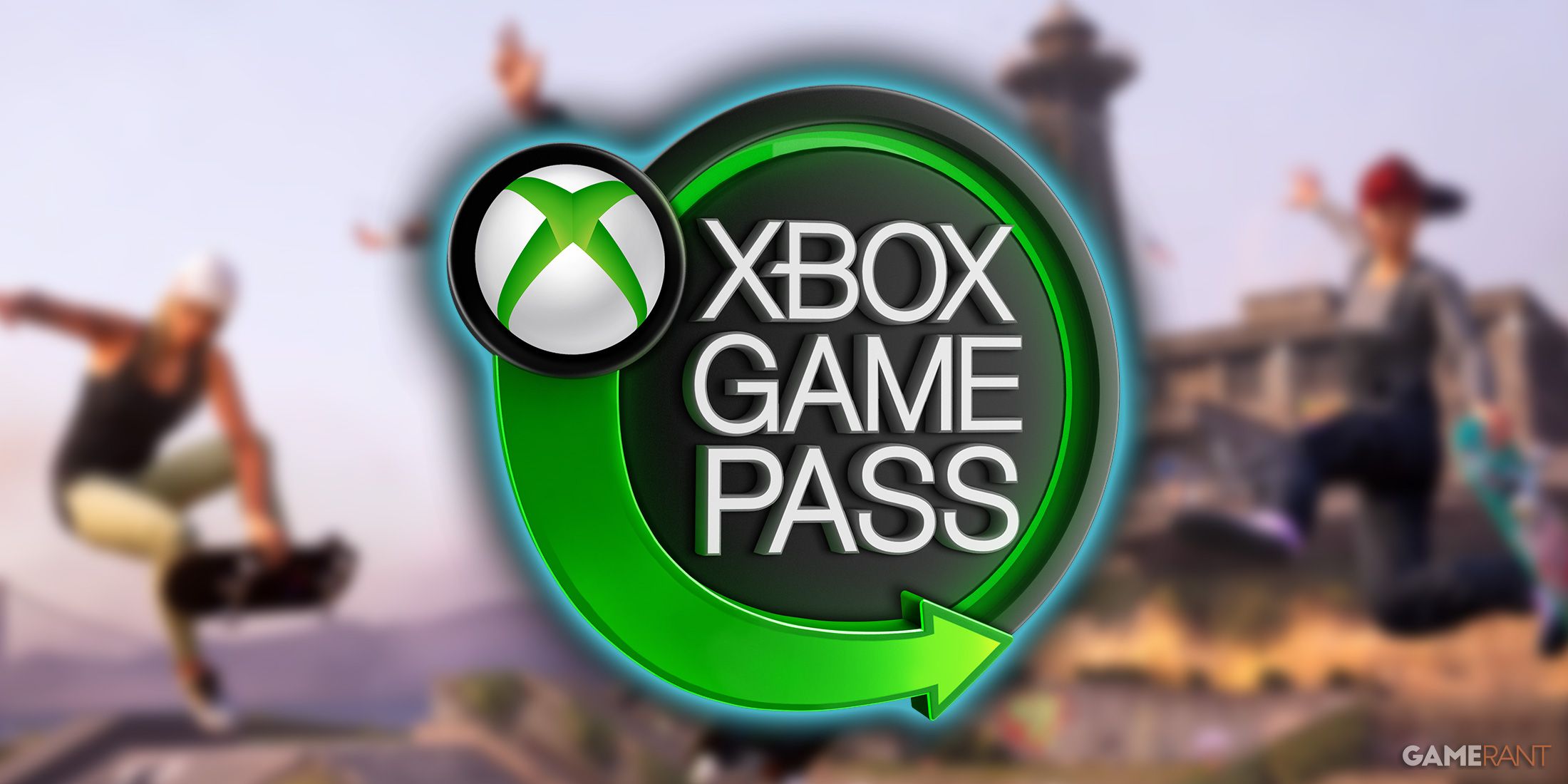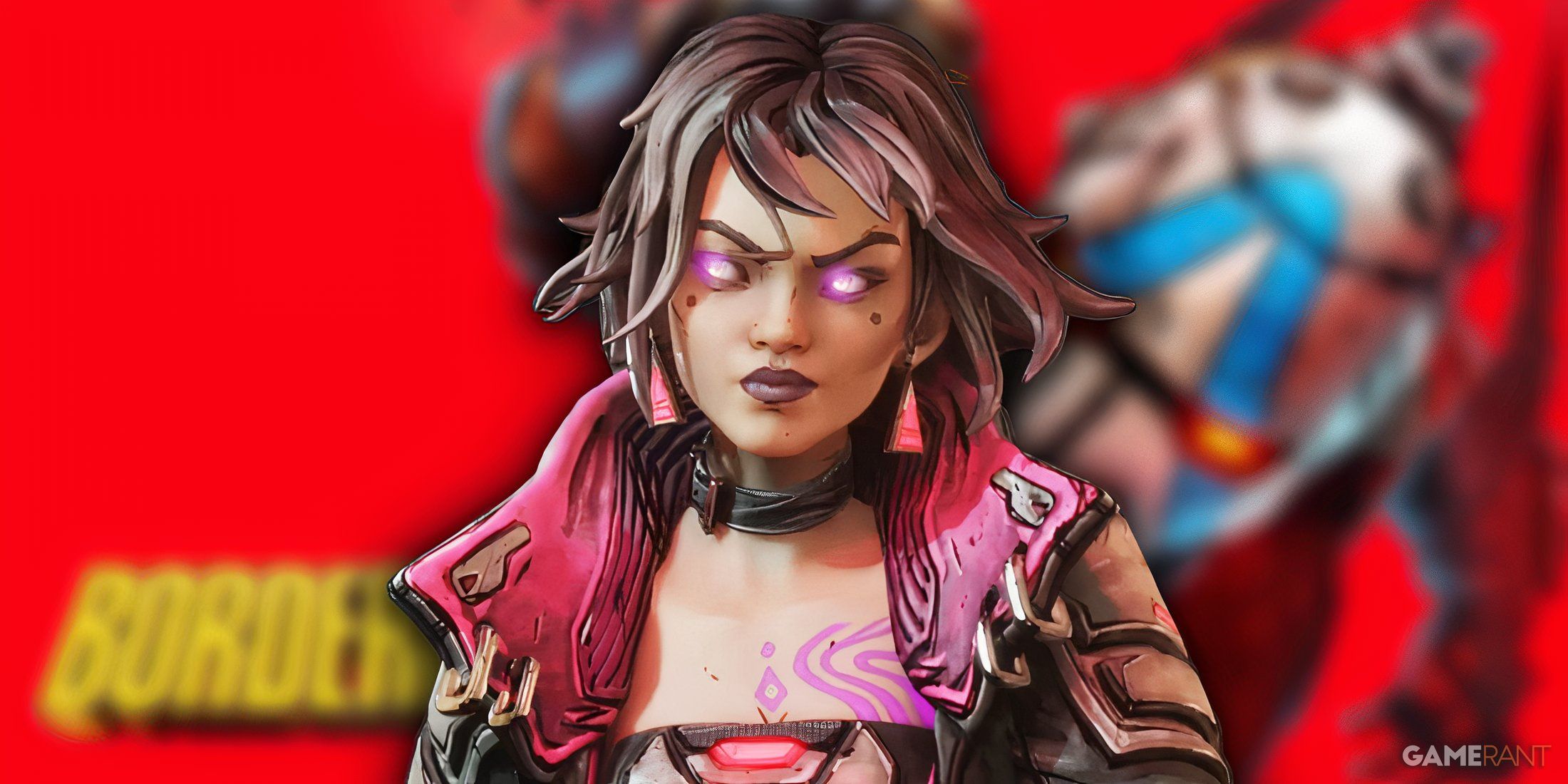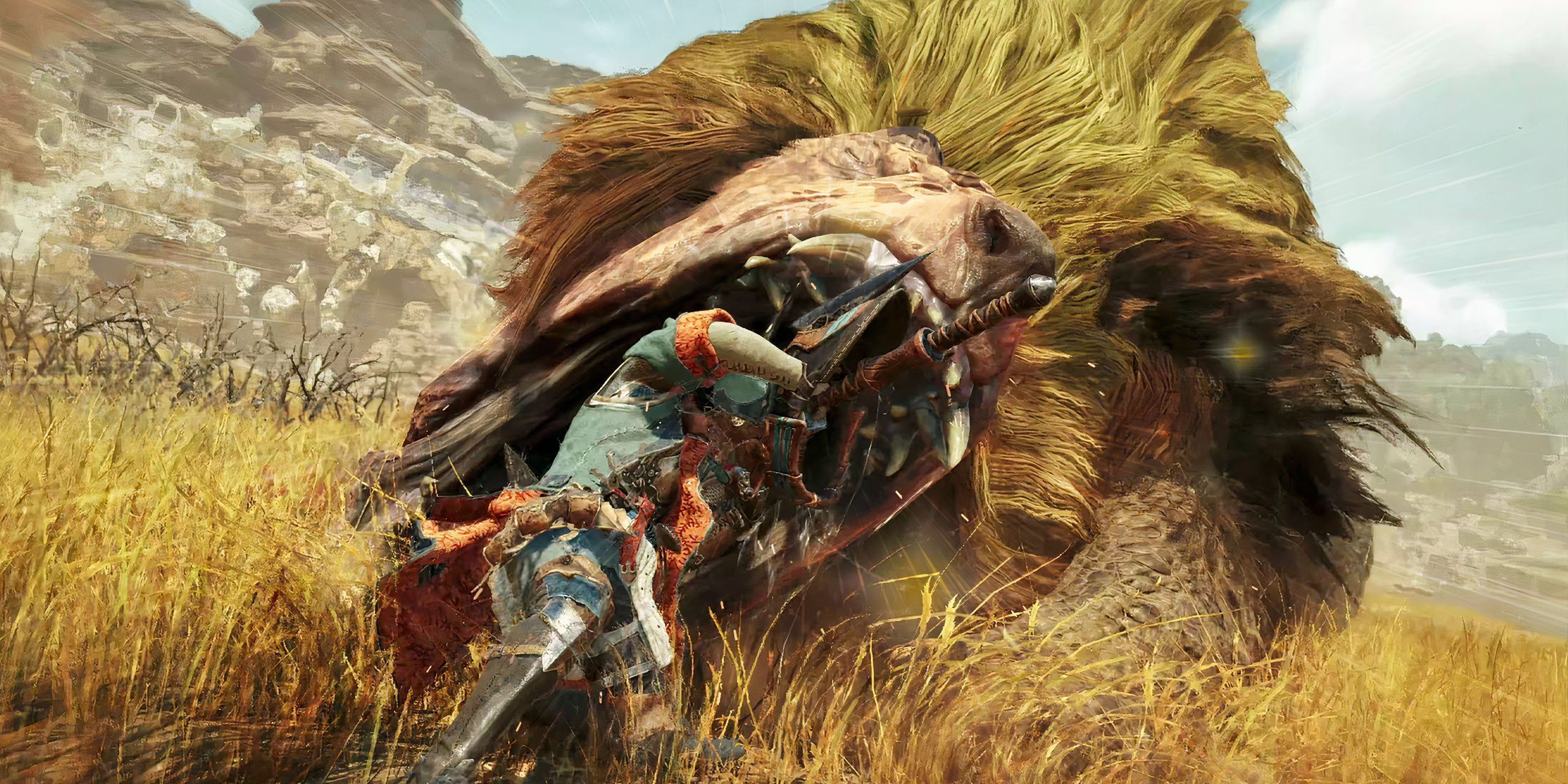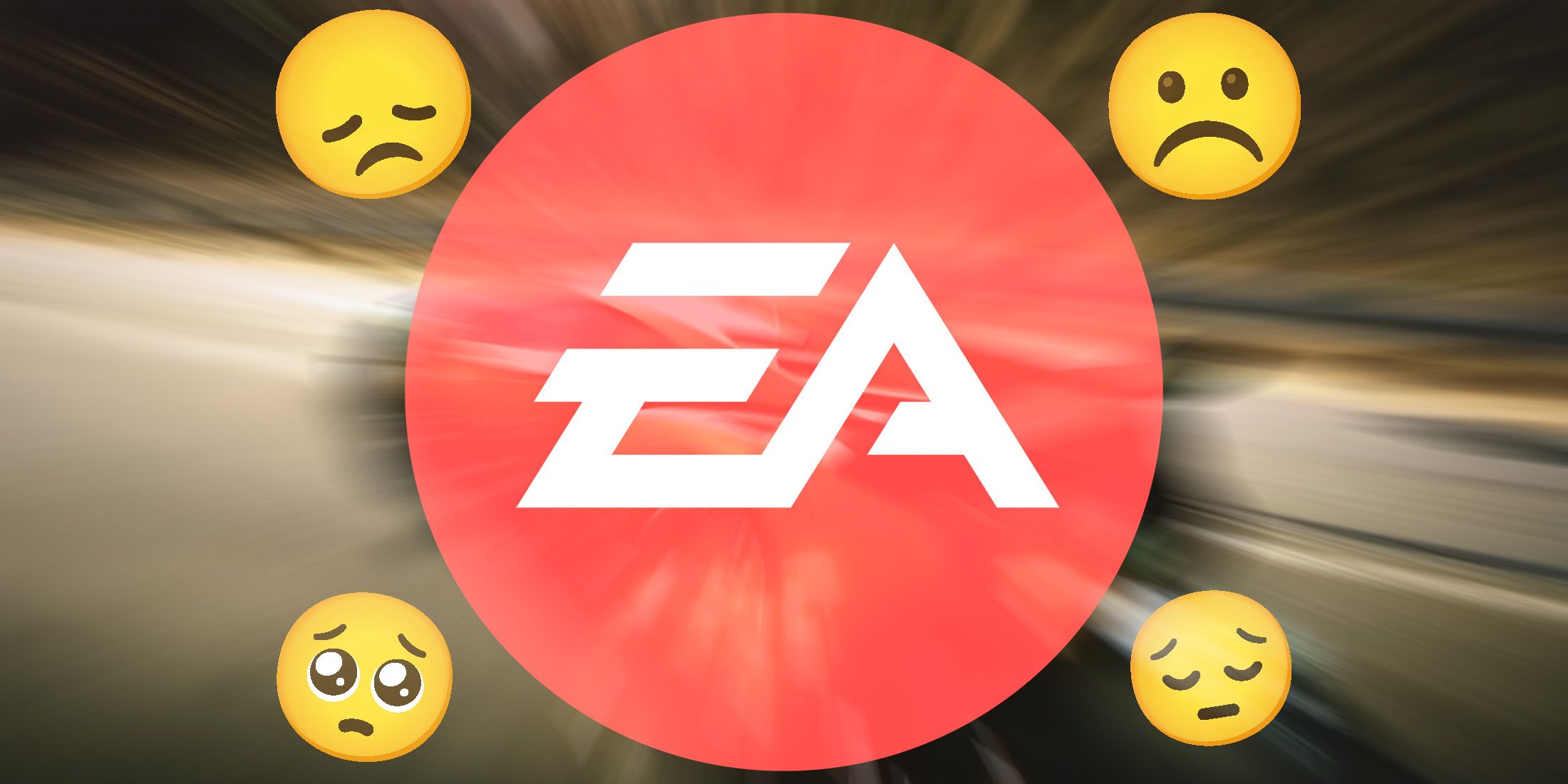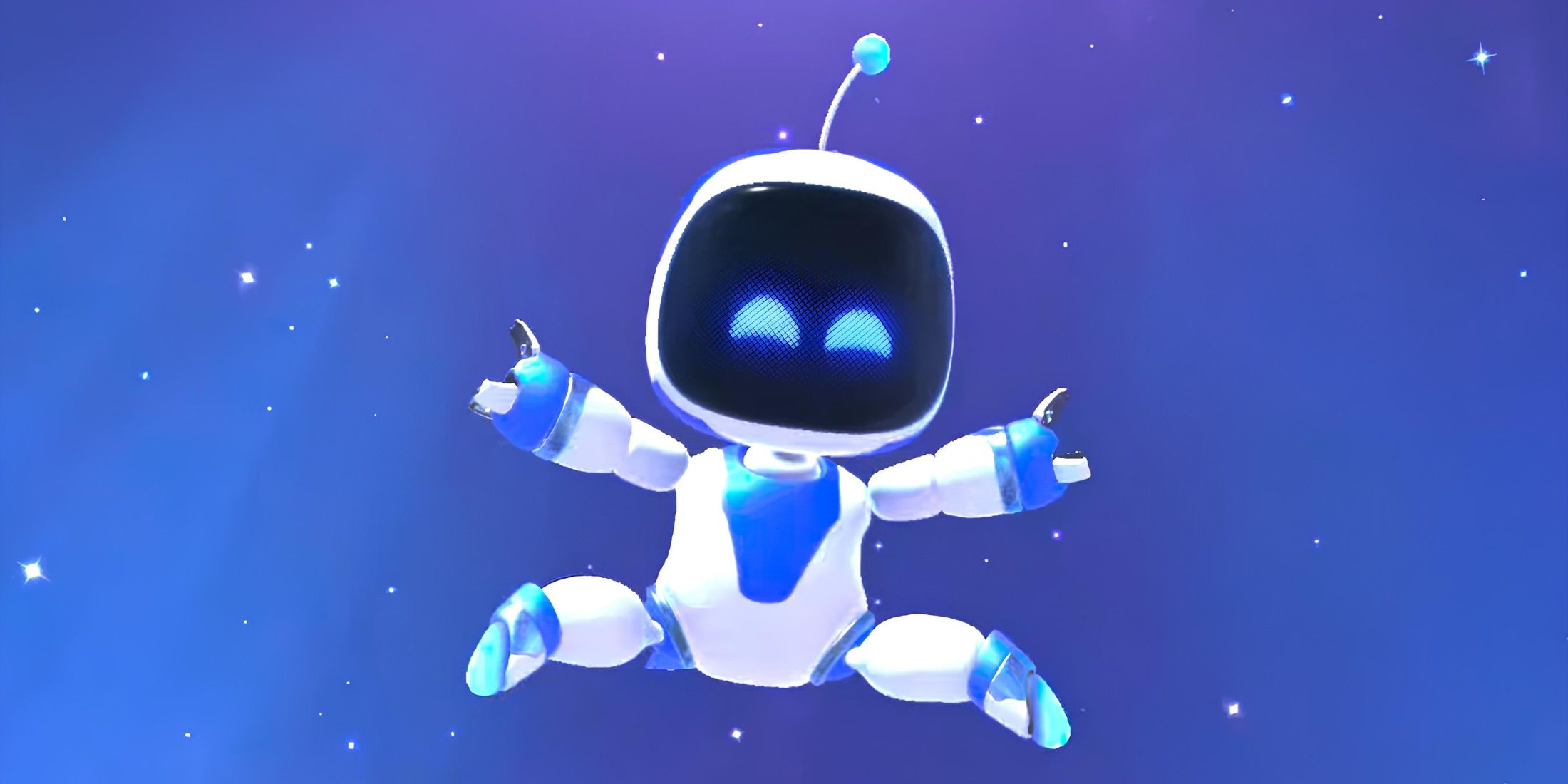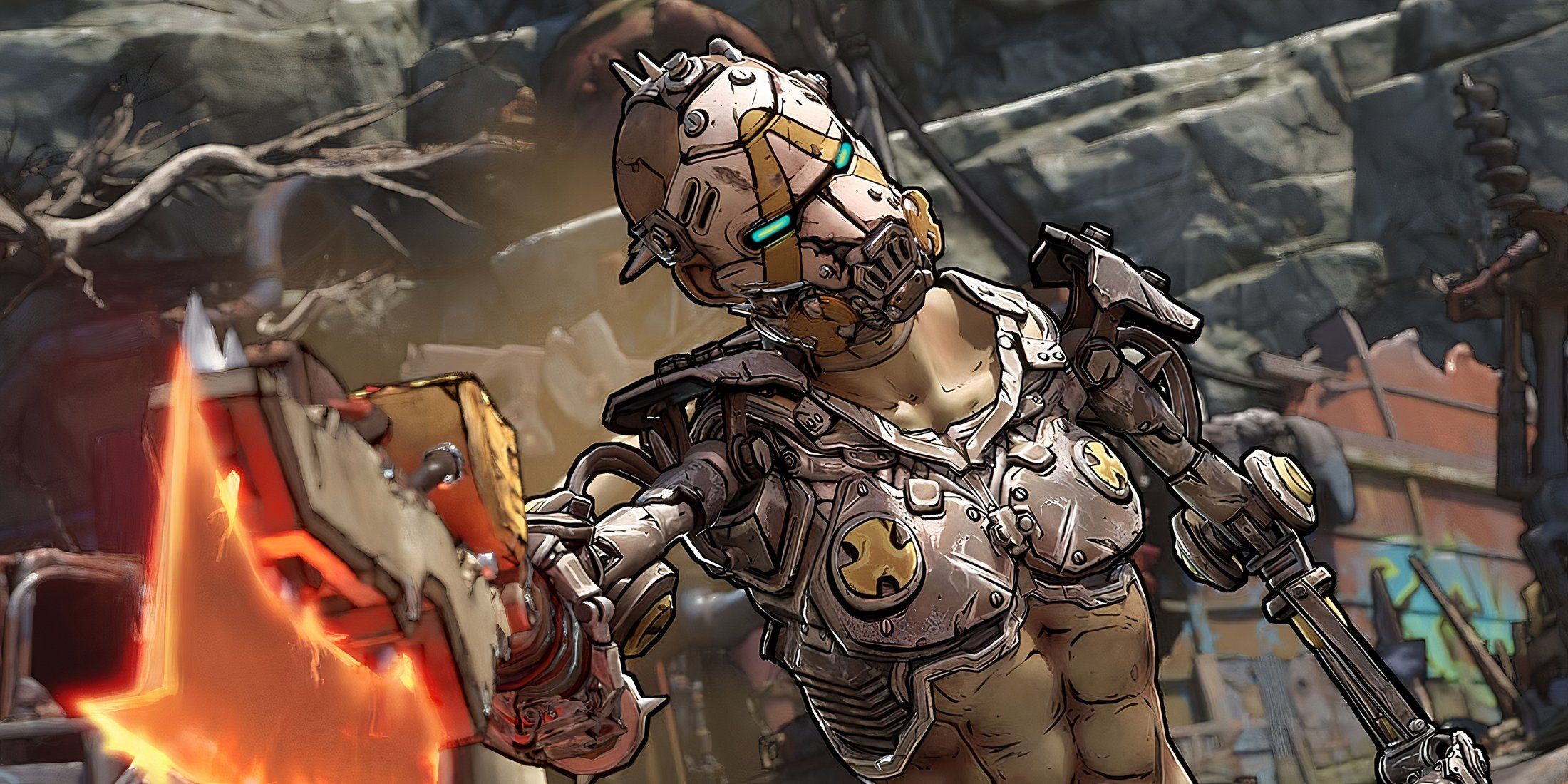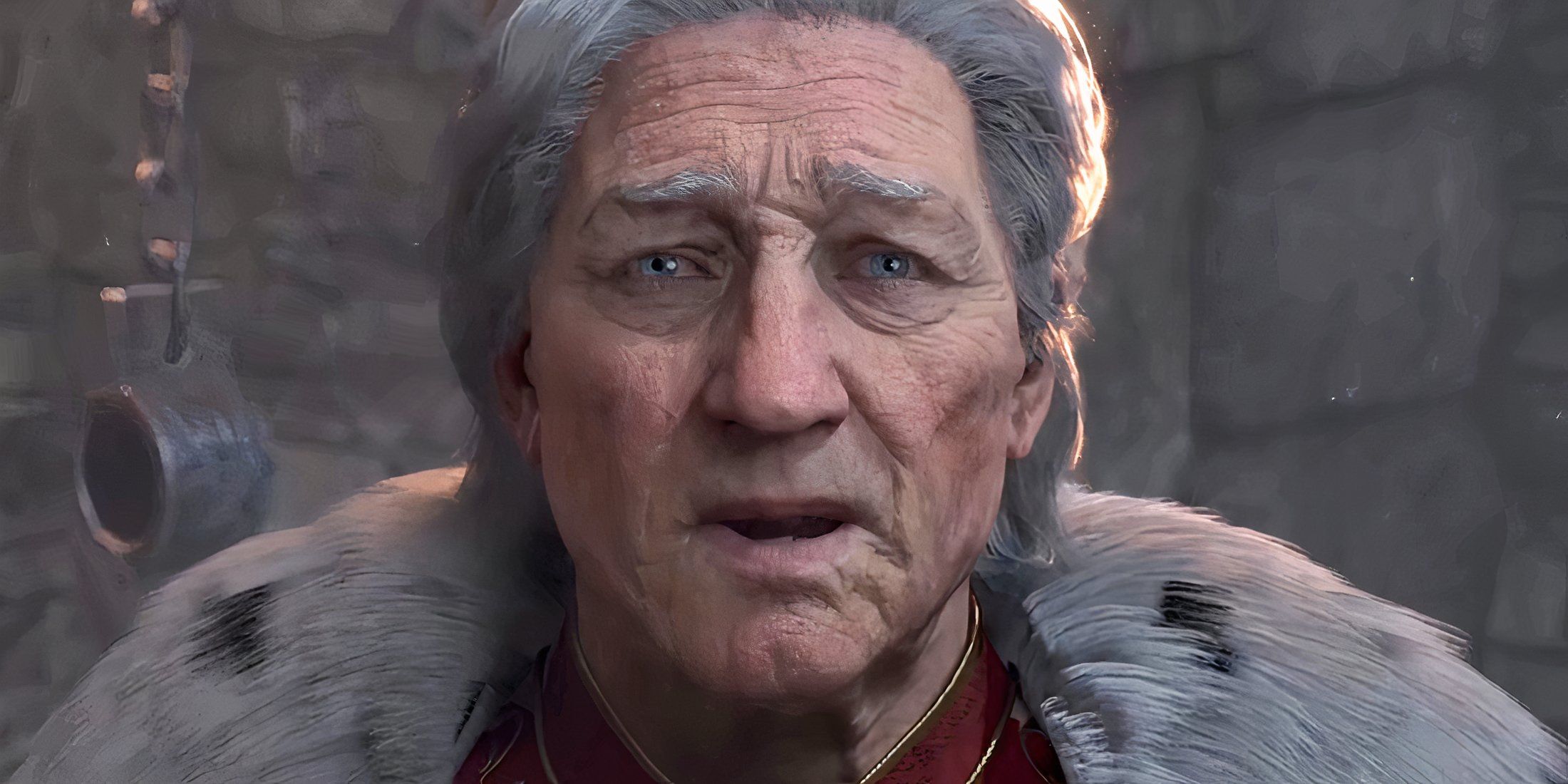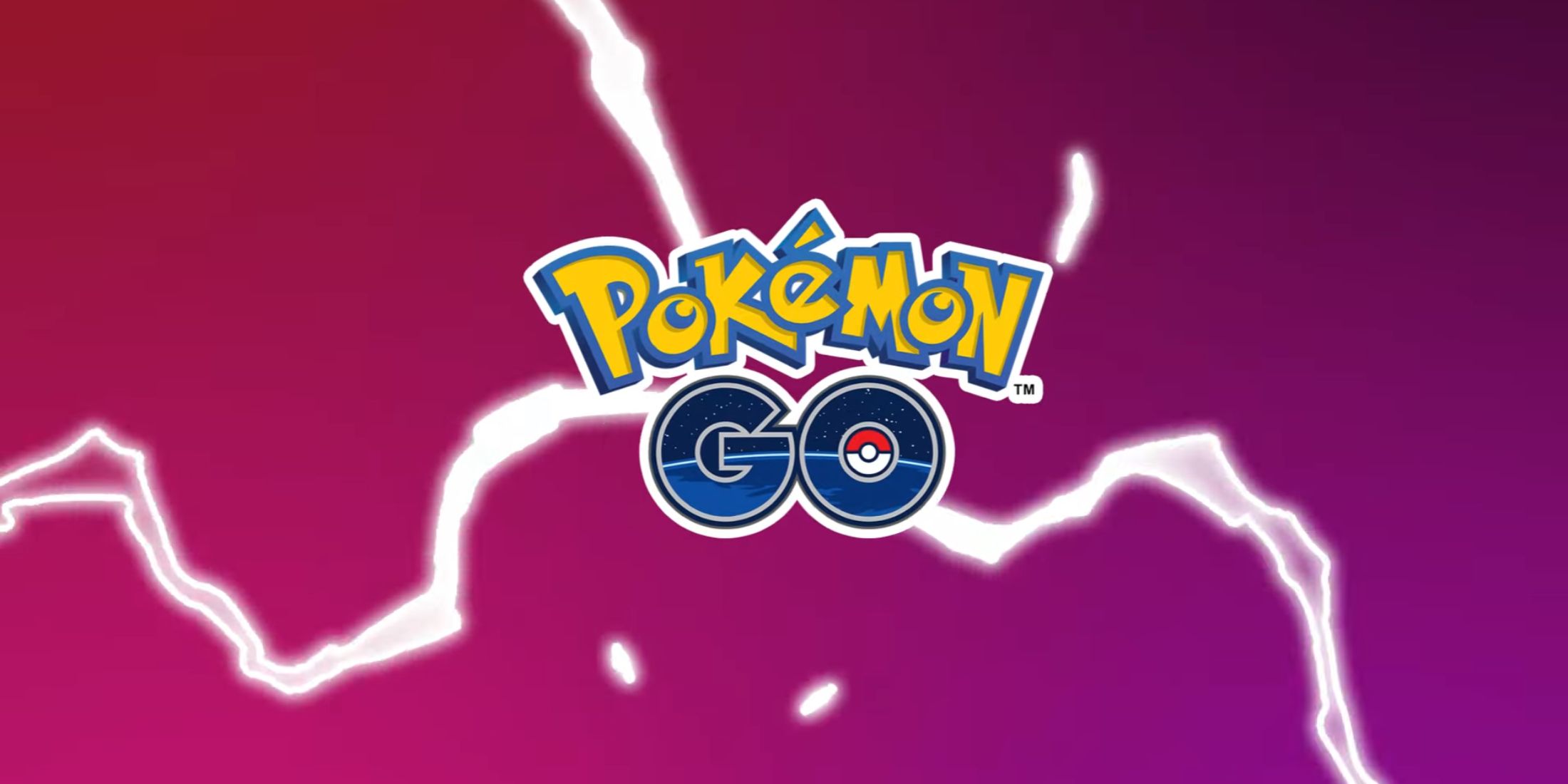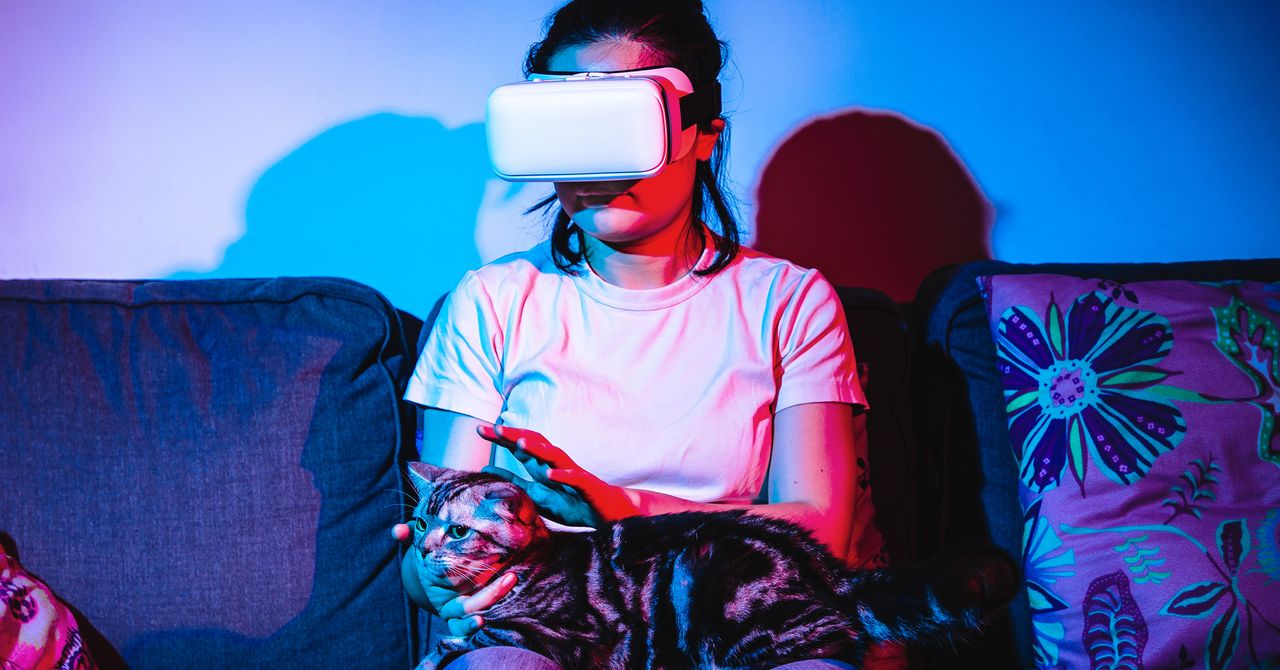
Gaming was a big problem in my childhood. And so was racism. One day when I was about 10 years old, I came home from school and burst into tears in front of my mother while telling her how I had been bullied. Instead of offering me support or reassurance or even listening, she ignored me and turned back to her game of Microsoft Hearts.
Living in a small market town in England in the early ’90s, our family were the only people of color on the playground, at work, and in the shopping mall. My mother’s conservative upbringing in Malaysia hadn’t prepared her to deal with the demands of being a nurse in a hostile environment where she suffered discrimination from colleagues and abuse from hospital patients.
Instead she struggled with challenging feelings, especially sadness, and would often say I was being “silly” when I told her that I dreaded the walk to school. Sundays were particularly bad for me and I always struggled to sleep, while downstairs I could hear the noise of my mother moving the mouse as she also put off confronting the week ahead.
Sign Up Today Sign up for our Games newsletter and never miss our latest gaming tips, reviews, and features.
Sign up for our Games newsletter and never miss our latest gaming tips, reviews, and features.We had computers because my father fixed broken 286s that he brought home from work. Unlike other families, we had several machines at home that would play games. It meant that my mother could spend all her free time staring into a gray monitor, fleeing the trauma she felt from a life marked by her own racist conflict and toxic stress. The next day she would always be back on the computer, only stopping to eat a microwaved dinner.
Long after I left home in my late twenties, I became depressed and, following a familial pattern, also regularly began turning to my computer or game console to seek solace. I would spend entire weekends in my bedroom playing Championship Manager. But I broke this chain of behavior not by stopping gaming but by using it as a force for good. And that’s why I hate the term “gaming addiction,” and it’s how I can be a games journalist many years later. Games may have been part of the problem but for me, they also became part of the solution.
The title that made the biggest difference was Flower, released more than a decade ago. In it, the player can change the direction of wind to blow petals through the air. There weren’t any set goals or objectives in the game. Like my mother’s obsessions, it was more like creative play or play for play’s sake, something sorely lacking from my drab childhood.
Embracing games helped me cope with depression, which I believe was the underlying cause of both my and my mother’s issues with gaming. It’s also something that experts like Chris Ferguson, a psychologist who studies video games, consider first when they encounter people who may have an unhealthy relationship with gaming, completely disagreeing with the idea that it’s the games themselves that lead to addiction.

